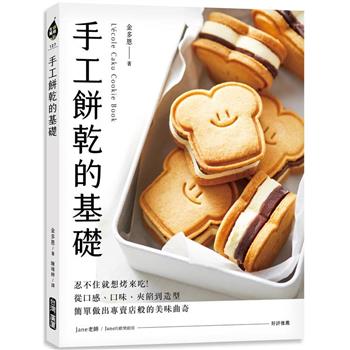The Handbook of Descriptive Linguistic Fieldwork is the most comprehensive reference on linguistic fieldwork on the market bringing together all the reader needs to carry out successful linguistic fieldwork. Based on the experiences of two veteran linguistic fieldworkers and advice from more than a twenty active fieldwork researchers, this handbook provides an encyclopedic review of current publications on linguistic fieldwork and surveys past and present approaches and solutions to problems in the field, and the historical, political, and social variables correlating with fieldwork in different areas of the world. The discussion of the ethical dimensions of fieldwork, as well as what constitutes the "typical" linguistic fieldwork setting or consultant is explored from multiple perspectives relevant to fieldwork on every continent. Included is information omitted in most other texts on the subject such as the collection, representation, management, and methods of extracting grammatical information from discourse and conversational data as well as the relationship between questionnaire-based elicitation, text-based elicitation, and philology, and the need for combinations of these methods. The book is useful before, during and after linguistic field trips since it provides extensive practical macro and micro organization and planning fieldwork tips as well as a handy sketch of major typological features for use in linguistic analysis. Comprehensive references are provided at the end of each chapter as resources relevant to the reader’s particular interests.
| FindBook |
|
有 1 項符合
Chrlliah的圖書 |
 |
$ 14340 | Handbook of Descriptive Linguistic Fieldwork
作者:Chrlliah 出版社:Springer 出版日期:2010-10-14 語言:英文 規格:精裝 / 492頁 / 23.4 x 15.5 x 2.8 cm / 普通級  共 2 筆 → 查價格、看圖書介紹 共 2 筆 → 查價格、看圖書介紹
|
|
|
圖書介紹 - 資料來源:博客來 評分:
圖書名稱:Handbook of Descriptive Linguistic Fieldwork
內容簡介
作者簡介
Shobhana L. Chelliah is Associate Professor at the University of North Texas, Denton. Her expertise covers the following areas of the Linguistics field Language Documentation and Description, Tibeto-Burman Languages of North-east India, Indian English, World English, TESOL. Willem J. de Reuse is currently Adjunct Professor, University of North Texas, Denton.
|











